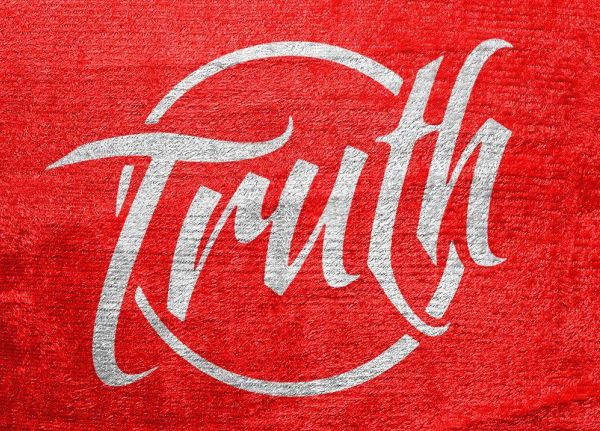I have bought a Porsche. Last week I took delivery of my huge, black Porsche Cayenne Turbo, and for the past seven days I have been cruising the streets, intimidating BMW drivers and playing Shakira at full volume through the 12-speaker Blaupunkt stereo.
When my wife and I set out to buy a new car, we wanted an SUV, as we knew a family was not too far around the corner. We started looking at the Volkswagen Touareg, but then I realized that for another 50% of the price we could buy the Cayenne and I could become a Porsche driver.
So now our Cayenne sits in my parking space awaiting a decade’s worth of journeys with the Ritson family – moving furniture, transporting children, holidays to the seaside and so on.
I really don’t fit the ideal Porsche customer profile. I have only a superficial appreciation for the heritage of the brand.
I have no particular interest in driving performance cars. And I have no idea what is under the hood of my new car.
If Porsche had remained true to its brand, it would have done everything in its power to stop family types like me from buying into it. And I am not alone – more then 80% of Cayenne owners have never previously owned a Porsche.
But the Cayenne is not exactly a purist’s Porsche. It’s an ugly beast of a car. Despite the attempts of its German creators to add smooth lines and a sleek profile, it looks like a gigantic black bear. It drives amazingly well for an SUV, but is still a long way from the incredible handling and performance of Porsche’s two other models, the Boxster and the 911.
Strictly speaking, the Cayenne is not even a German Porsche: 80% of each vehicle is constructed by Volkswagen employees at a plant in Slovakia.
So is my new car a strategic brand mistake on the part of Porsche?
I don’t think so. Brand equity should guide everything an organization does and does not do. I spend my consulting life helping companies identify their brand equity and then ensuring that they act in accordance with it.
In an ideal world, a firm’s brand journey should always follow this pure, unadulterated path to success. But in reality, some companies opt, quite knowingly, to leave this path on occasion to make money.
Porsche is a relatively small company. It will sell 40,000 Boxsters and 911s this year. Both models have been around for many years and are beginning to lose some of their luster. Porsche will also sell 30,000 Cayennes this year – at net margins of 10%.
The decision to create a car in the Porsche-inconsistent but cash-rich category of the SUV ensures a partition will remain between core Porsche customers and temporary additional ones like me. While I might smile at 911 drivers overtaking me in a friendly ‘all part of the brand family’ way, they will probably look back at me through their rear-view mirrors and scowl.
There is a difference between a company departing from its true brand path because it does not know what that path consists of and a temporary, knowing departure.
In the Cayenne, Porsche has created a vehicle that is inconsistent with its brand equity, but it has done so for sound financial reasons.
The profits made from non-Porsche Porsche drivers like me will allow the company to invest in the next generation of brand-consistent sports cars. While the Cayenne appears, at first sight, to be a brand aberration, the long-term perspective will reveal it to be part of the very brand-consistent path to profit.
The Blake Project Can Help: Accelerate Brand Growth Through Powerful Emotional Connections
Branding Strategy Insider is a service of The Blake Project: A strategic brand consultancy specializing in Brand Research, Brand Strategy, Brand Licensing and Brand Education





One comment
Mike Mirkil
November 6, 2008 at 7:48 pm
Hmmmm…
First of all, you have 500hp under that hood. Nice.
Second, I’m not clear on whether you’re advocating Porsche’s move here or condemning it. You say it was a smart business decision, but admit it was not consistent with their brand equity. Isn’t that what branding is all about: building brand equity?
Porsche clearly is milking their brand here. As with any brand extension, the ones that don’t fit only serve to diminish the brand’s overall strength. Look what happened to Porsche with the old 914 — they sold a cheap Porsche with a VW engine and it really hurt their brand. You would think that they might have learned from that previous mistake.
I understand the auto industry is going through some really tough times right now, but making decisions based on profit vs. decisions on what is truly right for the brand is a recipe for trouble.
Comments are closed.